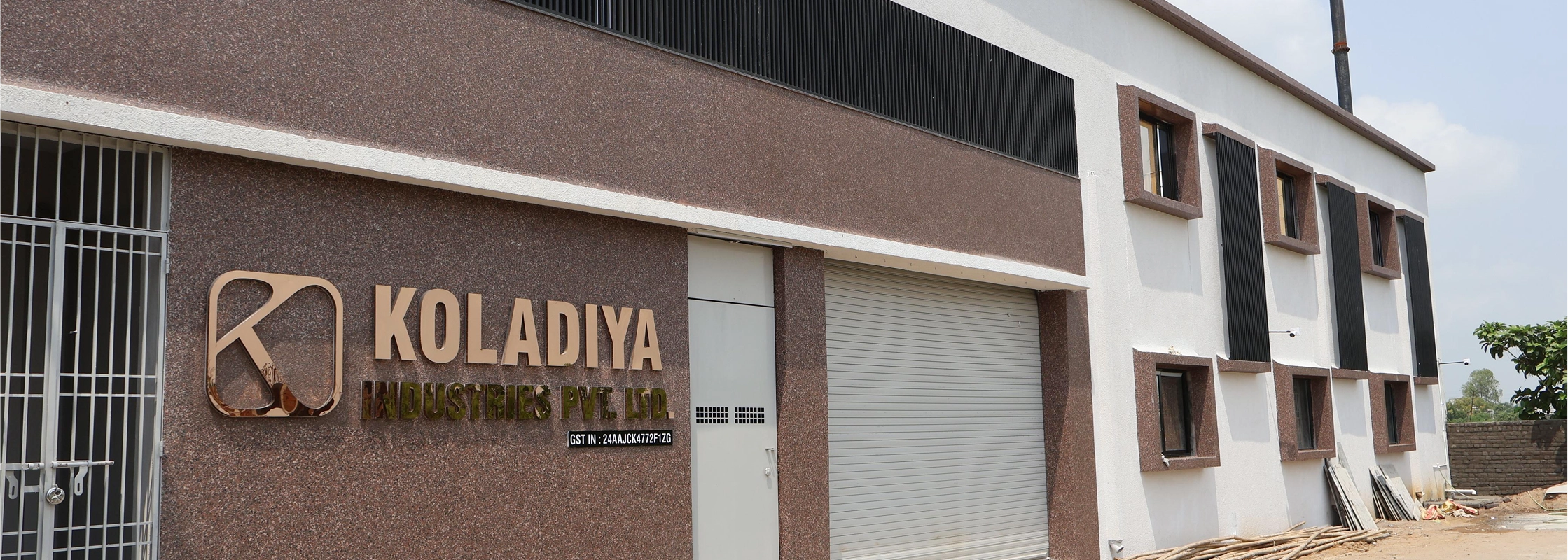Introduction
Choosing the right beverage manufacturer is one of the most critical steps in launching a successful drink brand. A reliable manufacturer ensures consistent product quality, regulatory compliance, and a smooth supply chain, while a poor choice can lead to production delays, subpar products, and financial losses.
In this guide, we’ll explore different types of beverage manufacturers, what to look for, key questions to ask, and how to avoid common pitfalls when selecting a manufacturing partner.
Types of Beverage Manufacturers
Before choosing a manufacturer, it’s important to understand the different types available:
- White Label Manufacturers – These companies produce ready-made beverages that businesses can rebrand as their own. This is ideal for entrepreneurs looking for a quick market entry.
- Private Label Manufacturers – These manufacturers allow for more customization, letting brands tweak flavors, ingredients, and packaging while still using an existing production process.
- Custom Formulation Manufacturers – These companies help brands create completely unique beverage formulations from scratch, requiring significant R&D investment but offering full control over the product.
Your choice depends on your budget, branding goals, and how much customization you want.
What to Look for in a White Label Beverage Manufacturer
When evaluating manufacturers, consider these key factors:
- Experience & Reputation – Look for manufacturers with a proven track record in your beverage category.
- Certifications – Ensure the manufacturer meets industry standards like FDA compliance, GMP (Good Manufacturing Practices), and organic/non-GMO certifications if needed.
- Production Capacity – Choose a manufacturer that can scale production as your business grows.
- Quality Control Standards – High-quality ingredients and strict testing protocols are essential for consistency.
- Customization Options – If you want to modify flavors, packaging, or formulations, check what customization levels are available.
Questions to Ask a Potential Manufacturer
Before signing a contract, ask these important questions:
- What are your Minimum Order Quantities (MOQs)? – Some manufacturers require large MOQs, which might not be suitable for small businesses.
- What are your lead times for production and delivery? – Ensure they align with your launch timeline.
- Where do you source your ingredients? – Verify the quality and sustainability of ingredients.
- What are your packaging options? – Some manufacturers provide packaging solutions, while others require you to source it separately.
- Do you provide compliance and labeling support? – Ensuring compliance with FDA and other regulatory agencies is crucial.
- Can I visit your facility? – A reputable manufacturer should be open to site visits and quality checks.
Red Flags to Watch Out For
Not all manufacturers are reliable. Be wary of these warning signs:
- Lack of Transparency – If a manufacturer avoids answering questions or refuses to disclose ingredient sources, proceed with caution.
- Inconsistent Product Quality – Research reviews or request samples to ensure consistency.
- Poor Communication – Delays in responses or unclear communication can lead to logistical headaches.
- Hidden Fees – Watch for unexpected charges related to setup, packaging, or additional services.
- Limited Scalability – If a manufacturer can’t scale with your business, you may have to switch partners down the line.
Understanding Pricing and Hidden Costs
Manufacturing costs go beyond just production. Consider:
- Base Production Cost – The cost of manufacturing each unit.
- Ingredient Sourcing Fees – Some manufacturers charge extra for sourcing specific ingredients.
- Packaging Costs – Bottles, labels, and shipping materials may be additional expenses.
- Storage & Warehousing Fees – Some manufacturers charge for holding inventory.
- Shipping & Logistics – Freight costs can add up, especially for international suppliers.
Clarify all costs upfront to avoid surprises.
The Importance of Supply Chain Management
A strong supply chain ensures consistent product availability and minimizes disruptions. Work with manufacturers who:
- Have backup ingredient suppliers to avoid shortages.
- Offer predictable production timelines and inventory planning support.
- Have experience handling sudden demand spikes and seasonal fluctuations.
A well-managed supply chain helps prevent stockouts and delays, keeping your brand reputation intact.
Case Study: A Brand That Found the Perfect Manufacturing Partner
One success story is Hint Water, a flavored water brand that initially struggled with finding the right manufacturer. After multiple trials with different partners, they found a manufacturer that could meet their demand for natural ingredients, scalability, and regulatory compliance. By selecting the right partner, Hint Water expanded nationwide and built a strong customer base.
This example shows the importance of patience and due diligence in selecting a manufacturing partner.
Conclusion
Finding the right beverage manufacturer is a crucial step that requires thorough research, careful vetting, and clear communication. Whether you’re choosing a white label, private label, or custom formulation manufacturer, ensure they align with your brand’s needs, have a strong reputation, and offer scalability.
By asking the right questions, identifying red flags, and understanding pricing structures, you can build a successful and sustainable beverage brand.
FAQs
1. How do I find a white label beverage manufacturer?
Start by researching online directories, industry trade shows, and manufacturer reviews. Request samples and ask detailed questions before committing.
2. What is the minimum order quantity for white label beverages?
MOQs vary by manufacturer but can range from a few hundred to several thousand units per order.
3. How can I ensure my beverage manufacturer follows FDA guidelines?
Choose manufacturers with FDA compliance and GMP certifications, and request documentation for verification.
4. What’s the difference between white label and private label beverages?
White label products are pre-made and sold under different brand names, while private label beverages offer more customization options.
5. How long does it take to produce a white label beverage?
Production lead times can range from a few weeks to several months, depending on ingredient availability and order volume.
